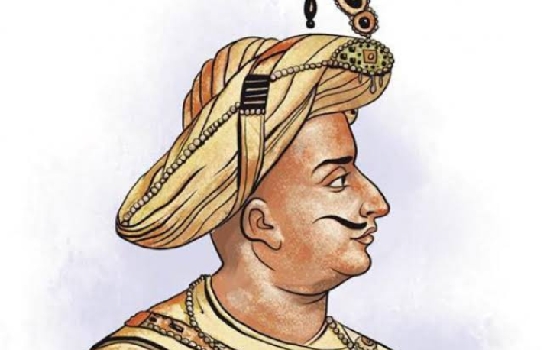New Delhi, Aug 13: A little over 24,000 overseas Indians, who are entitled to cast their ballot in India, have registered themselves as voters.
Now, in a bid to attract more such Indian citizens living abroad to become voters here, the Election Commission has launched a portal which allows them to register online.
The portal also has a long list of frequently asked questions to help people understand the procedure.
While there are no estimates on the number of overseas Indians eligible to vote in India, only 24,348 have registered with the poll panel.
Out of these, 23,556 are from Kerala, 364 from Punjab and 14 from Gujarat, according to the data provided by the Commission.
According to the ‘Overseas Indian Voters’ portal, an overseas elector is a person who is a citizen of India and who has not acquired citizenship of any other country.
The portal can be accessed through the Election Commission website: eci.nic.in.
Such people are eligible to be registered as voters in the constituency in which their place of residence in India, as mentioned in their original Indian passport in which visa endorsement has been made, is located.
Once their name is registered as a voter, the election officials of the constituency concerned will inform the overseas Indian by post on his or latest address abroad.
But, the portal clarifies, that overseas electors are not issued an election photo identity card as they are allowed to cast vote in an election in the constituency in person at the polling station on showing their original passport.
Data shows that only 10,000 to 12,000 NRIs have voted because they do not want to spend foreign currency to come to India and exercise their franchise.
Now, things may change as the Union Cabinet had on August 2 cleared a proposal to extend proxy voting to overseas Indians by amending electoral laws.
While NRIs and overseas Indians are free to cast their votes in constituencies where they are registered, according to the proposal, they would also be allowed to use the option of proxy, which as of now is only available to service personnel.
An expert committee in the Election Commission working on the issue had, in 2015, forwarded the legal framework to the law ministry to amend electoral laws to allow overseas Indians use proxy voting.
But for every election, the overseas voters will have to name a new person as their proxy.
Proxy voting is allowed for members of the armed forces.
The bill to allow the new provision for overseas voters could not be introduced in the Monsoon session of Parliament which ended on Friday.






Comments
whats the portal link
Add new comment